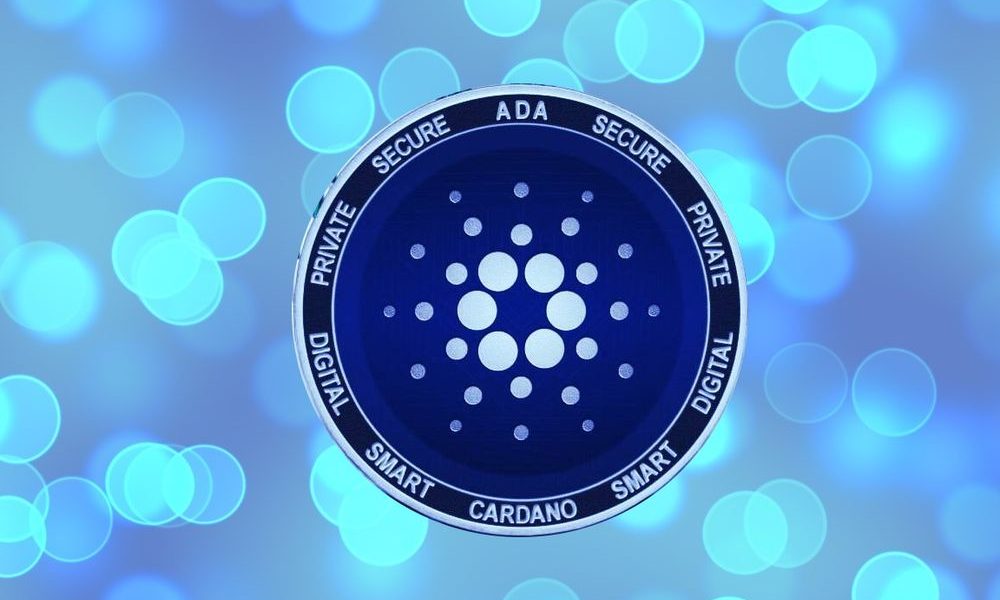- The rollout is part of a newly signed contract with federal education authorities in Ethiopia.
- Several projects are waiting for the Vasil upgrade to deploy their smart contracts on Cardano.
As part of a blockchain-based initiative across Ethiopia, the federal education ministry in the country has started rolling out digital identification (ID) for teachers and students. According to the ministry’s head of ICT and Digital education, Zelalem Assefa, the ministry has chosen about 24 schools to participate in the initiative, with data entry set to start next month.
The authorities and the team behind the Cardano blockchain platform, Input Output HK (IOHK) Limited, recently reached a partnership agreement. Under the terms of the deal, Cardano will provide digital IDs to five million students and 750,000 teachers across 3,680 schools. Based in Singapore, IOHK began operations in 2015 and is one of the top blockchain firms in that country.
The officials hope that by the end of this year, Cardano will have issued at least 500,000 IDs. This program is one of the “digital foundations projects” that Ethiopia launched in 2020. The project is being coordinated by Ethiopia’s ministry of innovation & technology after the country received a $200 million loan from the world bank.
This year, the authority’s plan for this National digital ID program was for 10 million Ethiopians to have digital IDs. However, registrants into this program are still less than 100,000, with three months left before the year is over. Students and teachers from Addis Ababa-based Abyot Qirs and Addis Ketema preparatory schools are two schools the ministry has chosen to participate in this program.
Besides receiving blockchain-verified digital IDs, Zelalem disclosed that these IDs are linked to a registry system for verifying grades and monitoring academic performances remotely. Zelalem added that the ministry would soon extend the ID program to higher learning institutions to curb academic dishonesty. “Higher Education Quality & Relevance officials discovered at least 15,000 fake diplomas and certificates in 2021.”
Authorities and employers can use these IDs to verify academic credentials. However, education experts believe that digitization of the education system won’t have the desired effect without a dependable system. A top-level executive with Orange ICT Solutions PLC, Mekbib Getaneh, advised authorities to make internet and networking systems available in addition to issuing digital IDs and other digitization programs in other sectors.
Since launching the national SchoolNet initiative program in 2003, Ethiopia’s education ministry has been experimenting with digitization. The outbreak of COVID-19 has seen Ethiopia launch more ICT-related programs in the education sector. During the pandemic, few tech firms developed various digital systems to assist public school students with access to online educational resources.
Projects are waiting for Cardano’s Vasil upgrade completion
In the meantime, music streaming platform, NEWM, recently tweeted that it is waiting for the completion of the Vasil upgrade to deploy its smart contracts. NEWM attested that the upgrade would make Cardano more cost-effective and improve its efficiency.
Cardano founder, Charles Hoskinson, responded to this tweet, saying NEWM aren’t the only projects waiting for the Vasil upgrade completion. He added that several projects are excited to deploy as well. Cardano’s Vasil upgrade went live on September 22, 2022. These developments would likely positively impact the price of Cardano’s native token (ADA).
I’ve seen hundreds of tweets like this one. Lots of projects are excited to deploy now https://t.co/6SxxaotFcH
— Charles Hoskinson (@IOHK_Charles) September 23, 2022


